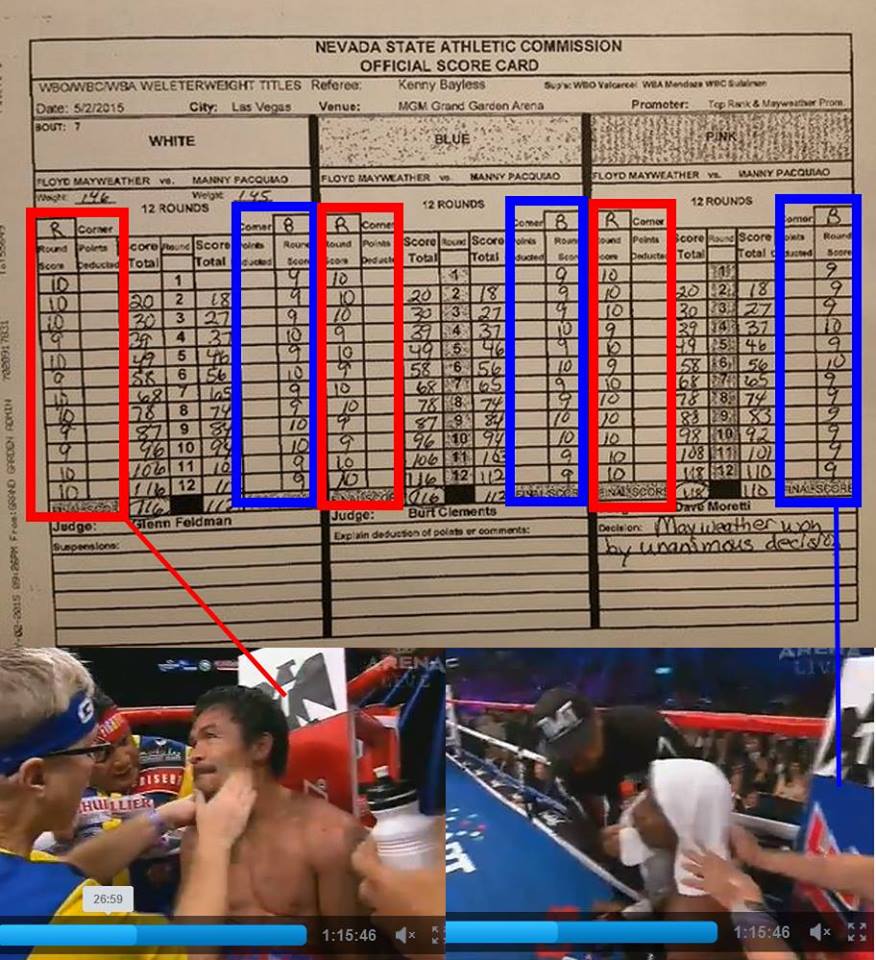Iglesia ni Cristo and other church groups Pro RH Bill position
People have been wondering about the stand of other churches on the Reproductive Health Bill. The Iglesia ni Cristo declared it is for the Reproductive Health Bill and Executive Minister Eduardo Manalo released a letter:
Here is what written in the letter:
12 October 2010
HON. ROGELIO J. ESPINA, M.D.
Chairman
Committee on Population and Family Relations
House of Representatives
Republic of the Philippines
Dear Congressman Espina,
We would like to thank the Committee on Population and Family Relations for requesting our position concerning the Bills of Reproductive Health. We are all well aware of the dire situation of our country caused by overpopulation. Many of society’s worsening ills—from homeless families starving in miserable conditions and children not in school but instead begging day and night in nearly every major street to the rapidly spreading problems with drug abuse and rising crime rates—can be traced to families growing so large that an increasing number of parents cannot provide the most basic human needs to their families.
We consider it commendable that our lawmakers care enough for our fellow Filipinos that they are doing what they can do to alleviate the hardships so many of our countrymen are facing. IN what they propose, they can bring about not only an economic good for our countrymen but also a moral one. We are ready to support the Bills on Reproductive Health as long as there would be no immoral elements in them.
What are the moral aspects of the proposed bills that we support? We believe that it is moral imperative for parents to watch over all their children and provide them with food, shelter, and clothing, as well as proper education and religious and moral training. Hence, parents todayhave (sic) a moral obligation to plan the number of their children and keep it under control. The Bible states that a parent who does not provide for the needs of his own household is worse than an unbeliever (I Tim. 5:8). Since modern methods of contraception—by preventing married couples from having any unplanned pregnancies—assist in supporting this Christian principle, we support their use as long as these methods are empirically not abortifacient. Abortion and the use of abortifacients involve the taking of life, which God explicitly forbids (Exod. 20:13).
We do not support the natural family planning method and all its variants. These so-called birth control methods depend upon abstinence on the part of the married couple when the woman is fertile but allows marital relations only when she is not. These methods are not only unnatural and ineffective but they also are immoral, since they contradict the commandment that God has given to married couples. The Bible instructs married couples not to deprive one another of intimate marital relations for long, extended periods of time; further, any abstinence at all for a married couple is supposed to be with the mutual consent of husband and wife and not for the purpose of preventing pregnancies (I Cor. 7:3-5).
We appreciate the Committee’s gesture of soliciting our stand on this timely yet controversial issue.
Very truly yours,
EDUARDO V. MANALO
Executive Minister
Meanwhile other Church groups also stated that they are backing the RH Bill, saying there is nothing in the Bible that declares contraception as immoral.
“Nothing in the Bible says contraception is a prohibited act,” Bishop Efraim M. Tendero, national director of Philippine Council of Evangelical Churches (PCEC).

The RH bill, he added, promotes responsible parenthood in fulfillment of the biblical teaching to “subdue the earth.”
Malacañang has cited responsible parenthood as the underlying concept behind its support for both artificial and natural methods of family planning.
Life begins after fertilization or when the egg cell meets the sperm cell, Mr. Tendero said, thus making condoms and pills an acceptable for of contraception.
PCEC groups 25,000 churches, 66 denominations, and 150 parachurch and mission organizations.
Here are what other church groups said a “To Sin or Not to Sin” press conference, held at the Riviera Sulo Hotel organized by the Philippine Legislators’ Committee on Population and Development Foundation, Inc. (PLCPD). Religious leaders from different churches and even a representative from a Catholic organization expressed their views on this controversial RH Bill.


I am glad these church groups spoke up. Though they probably comprise less than 30% of the population, they are still nevertheless citizens of the Philippines.
The Interfaith Partnership for the Promotion of Responsible Parenthood, Inc. (IPPRP) said that the RH bill is “truly pro-life, pro-family, pro-poor and pro-national development.”
“We urge our legislators to seriously push for the passage of the long-overdue RH/RP (responsible parenthood) bill toward its immediate implementation,” the group said in a statement yesterday.
Aside from INC, the other IPPRP members include the National Council of Churches in the Philippines, United Church of Christ of the Philippines, Philippine Council of Evangelical Churches, United Methodist Church, Philippine for Jesus Movement, Iglesia Filipina Independiente, Christian and Missionary Alliance Churches of the Philippines, Seventh Day Adventist, Salvation Army, Catholics for Reproductive Health, and Episcopal Church of the Philippines.
It is about time the Catholic Church give the right information to the faithful. Stop promoting it as anti-life or pro-abortion.





